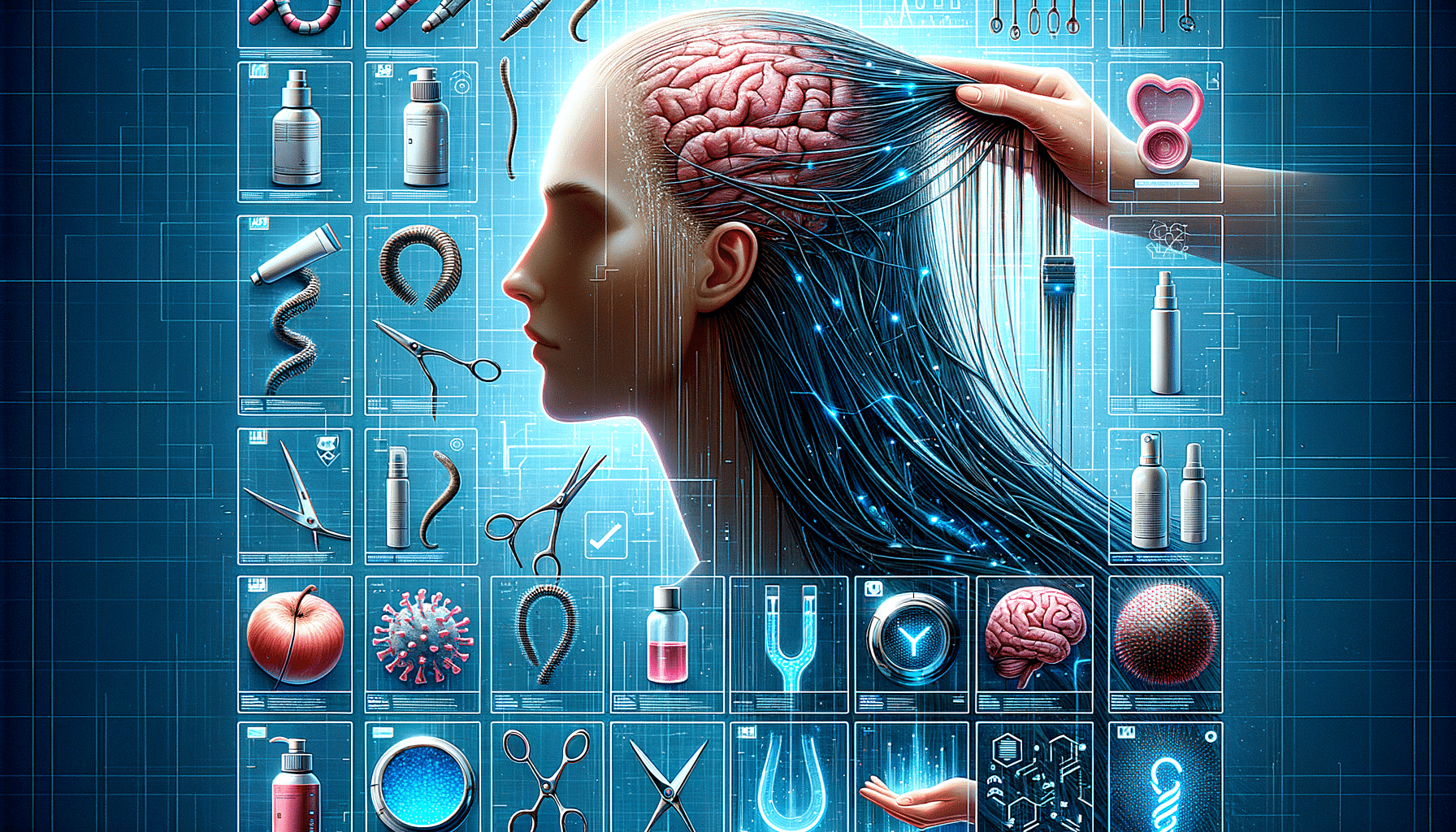
Exploring Effective Hair Loss Treatment Options: What Really Works in 2025?
Understanding the Causes of Hair Loss
Hair loss is a common concern affecting millions of individuals worldwide. Understanding the root causes is crucial in addressing this issue effectively. Hair loss can be attributed to a variety of factors, including genetics, hormonal changes, medical conditions, and lifestyle choices. Genetic predisposition, known as androgenetic alopecia, is the most common cause, affecting both men and women. It typically follows a pattern of receding hairline and thinning hair on the crown.
Hormonal imbalances, particularly those involving androgens, can also lead to hair loss. Conditions such as polycystic ovary syndrome (PCOS) or thyroid disorders are known to disrupt hormonal balance, contributing to hair thinning. Medical treatments, like chemotherapy, may also result in temporary hair loss, though hair usually regrows after treatment is completed.
Additionally, lifestyle factors such as stress, poor diet, and inadequate hair care routines can exacerbate hair loss. Stress-induced hair loss, known as telogen effluvium, occurs when stress pushes hair follicles into a resting phase, leading to increased shedding. A diet lacking essential nutrients, particularly proteins and vitamins, can weaken hair, making it more prone to falling out. Understanding these causes helps in choosing the right treatment and prevention strategies.
Exploring Natural Remedies and Lifestyle Changes
For those looking to combat hair loss, natural remedies and lifestyle changes offer a promising avenue. Incorporating a balanced diet rich in essential nutrients can significantly impact hair health. Foods high in omega-3 fatty acids, iron, zinc, and vitamins A, C, and E are known to promote hair growth and strength. Incorporating these into daily meals can help nourish hair from the inside out.
Stress management techniques, such as yoga and meditation, can also play a vital role in reducing hair loss. By lowering stress levels, the body can maintain a healthier hair growth cycle. Regular exercise not only helps in stress reduction but also improves blood circulation, ensuring that hair follicles receive adequate nutrients and oxygen.
Natural oils, like coconut and argan oil, have been used for centuries to improve hair health. Massaging these oils into the scalp can enhance blood circulation and provide essential nutrients directly to the hair follicles. Additionally, herbal supplements such as saw palmetto and ginseng have shown potential in promoting hair growth by blocking the production of dihydrotestosterone (DHT), a hormone linked to hair loss.
Medical Treatments and Technological Advancements
While natural remedies are beneficial, medical treatments offer targeted solutions for those experiencing significant hair loss. Over-the-counter medications, such as minoxidil, are widely used to promote hair growth and slow down hair loss. These topical treatments are applied directly to the scalp and have been shown to be effective for many individuals.
Prescription medications, like finasteride, are another option, particularly for men. This oral medication works by reducing DHT levels, thereby slowing hair loss and in some cases, encouraging regrowth. However, it is essential to consult with a healthcare provider before starting any medication to understand potential side effects and interactions.
Recent technological advancements have also expanded the possibilities for hair restoration. Hair transplant procedures, including follicular unit extraction (FUE) and follicular unit transplantation (FUT), offer permanent solutions by relocating hair follicles from dense areas to thinning or balding areas. Additionally, low-level laser therapy (LLLT) devices are gaining popularity for their ability to stimulate hair follicles and improve hair density.
These medical and technological options provide a range of solutions for individuals seeking to address hair loss, offering hope and confidence to those affected.